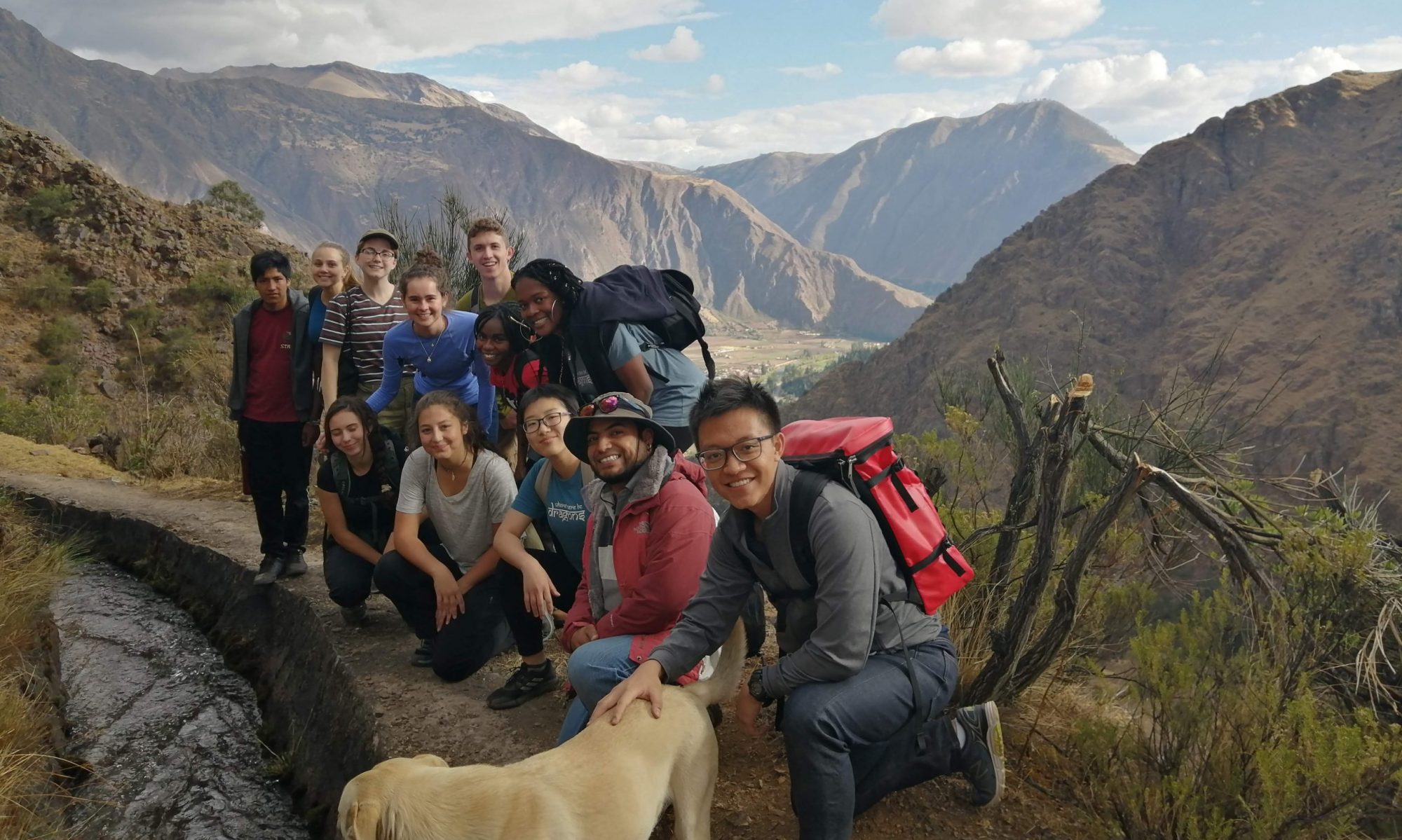
By: Sam Sullivan
Prior to the first day of the Oslo Freedom Forum, I heard from previous attendees that it is one of the most important human rights conferences in the world. Only after a few theater sessions and a couple talks with attending human rights advocates was I able confirm this for myself. Starting off the Freedom Forum with the first theater session, Professor Francis Fukuyama’s comprehensive and academic overview of the weakness of authoritarian regimes stood out. He highlighted that although modern autocrats are generally referred to as “strong” dictators, there is little accountability for making wrong decisions and subsequently little chance for fixing mistakes that might result in massive popular threats to the regime (see Xi Jinping’s zero-Covid and Putin’s invasion of Ukraine). To Francis Fukuyama, and to the democratic world, the limited possibilities for dynamic responses to threats appears, in fact, incredibly weak and something pro-democracy advocates should pounce on when given the opportunity.
Also in the first theater session was Félix Maradiaga, a Nicaraguan activist and critic of President Ortega, who was arrested in 2021 for purely political purposes. Although he was not able to see his wife and daughter for two years and was tortured in solitary confinement, Félix Maradiaga emphasized that truly effective human rights advocates push for justice, not revenge. This powerful statement from someone who has undergone unimaginable injustice was underlined as he invited his daughter on stage to share his sentiment; only having been reunited in February.
In the intermission between the first theater session and the second, I was able to meet with my mentor at Defiende Venezuela, Genesís Dávila, who introduced me to the founding Prosecutor of the International Criminal Court, Luis Moreno-Ocampo. Being face-to-face with one of the most forefront advocates of human rights in the last couple decades was an immense privilege and one I hope to look back on in future opportunities related to international human rights law.
Fast-forwarding to the afternoon’s panel session on Iran, titled “Iran: The Final Revolution?”, I was able to listen to the passionate women’s rights and pro-democracy advocate Masih Alinejad, who insists that there is in fact a light at the end of the tunnel, regardless of where Iran lies in the tunnel. She highlighted, along with the other panel members, that Western countries and pro-democracy advocates should be doing the work to pressure the Islamic Republic regardless of the catalyst of senseless killings of Iranian citizens. Just because the media does not show Iranians being killed after the mass protests seemingly died down does not mean the West has forgone its responsibility to fight against blatant crimes against humanity. And even still, an absence of mass protests does not absolve the Islamic Republic of its atrocities. Work needs to be done and privilege needs to be turned into power, such that victims will no longer have to plead into the void of a response from democratic governments.
